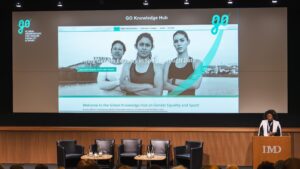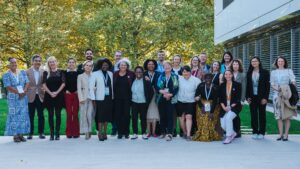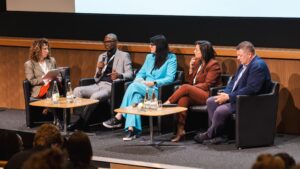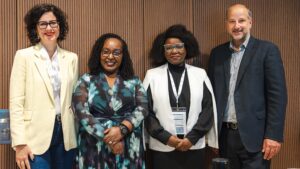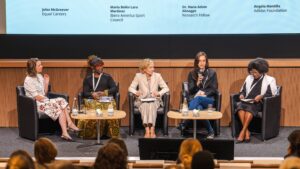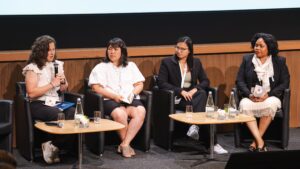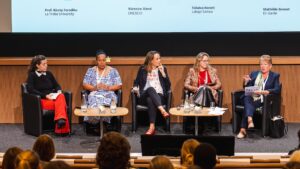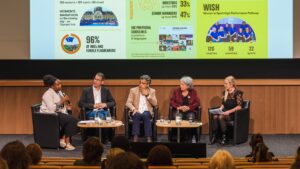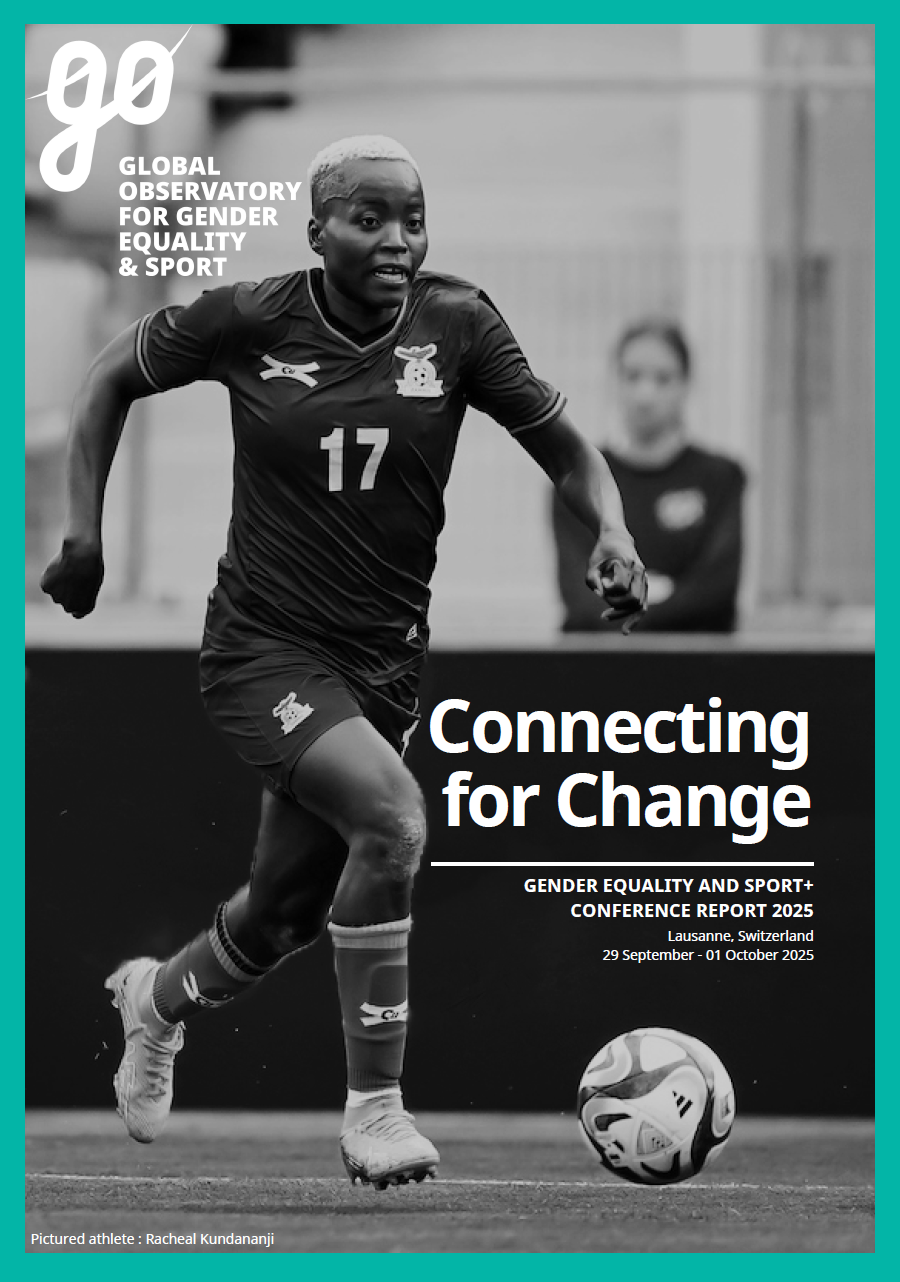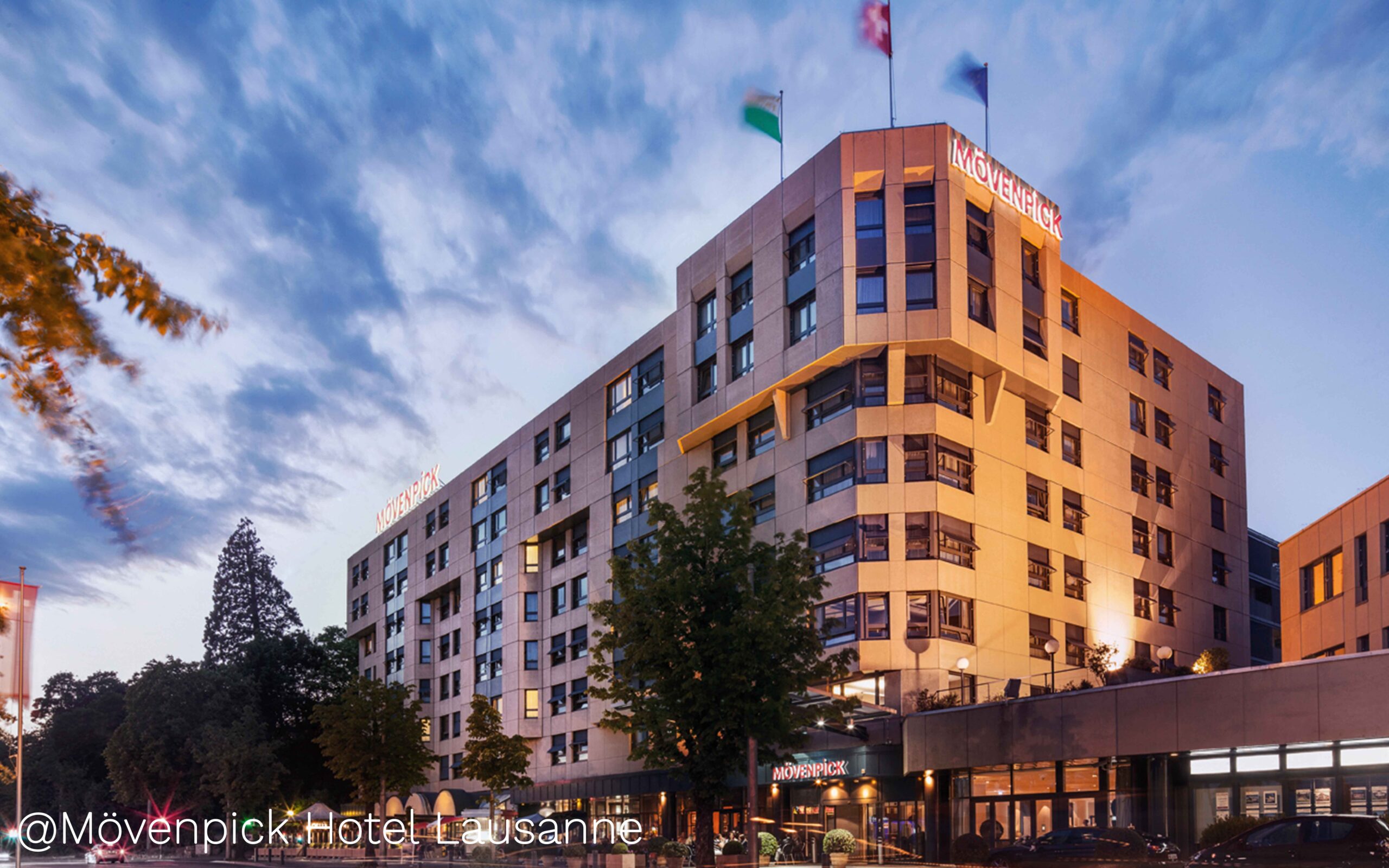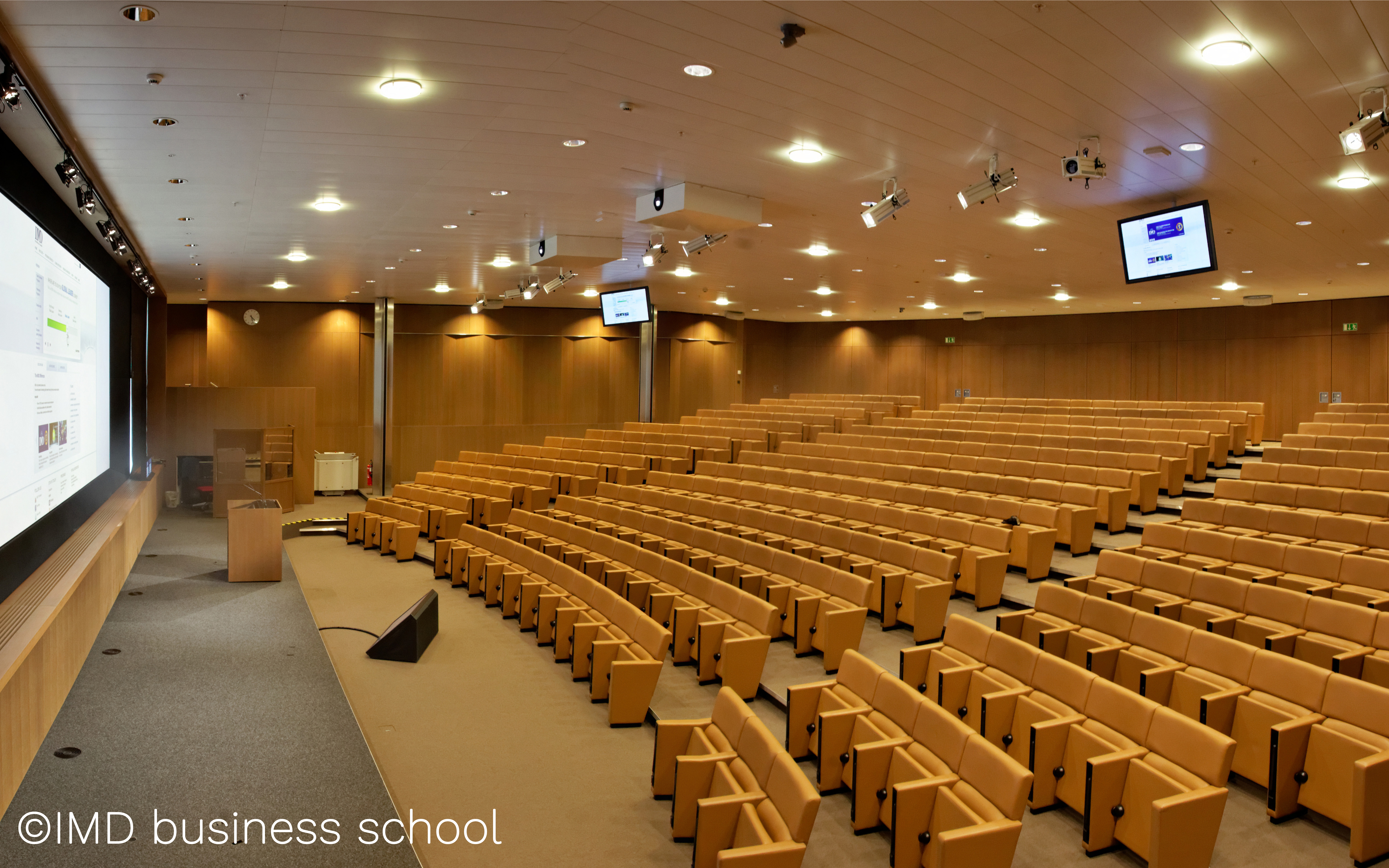Gender Equality & Sport+ Conference 2025
Connecting for Change
Held on Tuesday, 30 September 2025
IMD, Lausanne – Switzerland
The Annual Conference of the Global Observatory for Gender Equality & Sport provided a collaborative platform for academics, associations, UN Agencies, International Sports Federations, partners and potential supporters to engage all the different stakeholders in meaningful discussions, share experiences, bring in various perspectives, and develop actionable strategies to promote gender equality in sports.
The theme for this year’s conference was Connecting for Change.
About the conference
Connecting for Change reflects the GO’s mission to catalyse collective action between multisectoral stakeholders around the world. It symbolises the necessity for coordinated, collaborative and democratised knowledge and data sharing as an essential way to continue to advance gender equality in and through Physical Education, Physical Activity, and Sport (PEPAS) for all women and girls. This year’s conference explored political, practical and innovative approaches being used to strengthen gender equality and sport+.
The aims of the Gender Equality and Sport + Conference were to:
- Showcase new knowledge, research, good practices, and lessons learnt by stakeholders working to advance gender equality in PEPAS, highlighting sector-wide challenges, successes and developments, while continuing to identify areas that require attention and further enquiry.
- Foster networking and engagement among global stakeholders by strengthening cross-sector connections and collaboration including among public institutions, civil society and others.
- Break knowledge silos and enhance cross-sector collaboration and facilitate cross-sector knowledge exchange by addressing shared challenges, successes, and emerging trends.
- Equip the sector with resources, best practice sand evidence-based tools, that have the potential to enhance their capacities to address gender inequalities in context specific ways.
- Demonstrate the importance of high-quality, shared data, and present new insights on measuring and tracking gender equality in PEPAS.
The programme featured keynote addresses, interviews, Q&As, panel discussions, plenaries, visual presentations, and networking sessions. Speakers included members of the GO Advisory Council, GO network, partners, researchers, government representatives, United Nations entities, and experts from sport and non-sport sectors.
By offering this international platform, the Global Observatory aimed to foster a collaborative environment where all participants could contribute to creating a more inclusive and equitable sporting world.
Alongside the conference, the Board, Expert Group, Academic Partners, and General Assembly of the Global Observatory have convened for their respective meetings.
Photos of the Global Equality & Sport+ Conference 2025
Official Report of the Global Equality & Sport+ Conference 2025
Conference Resources
Powerpoint Presentations
Session 1: Meaningful inclusion and participation in and through sport
Panelists explored tensions and opportunities surrounding inclusion and will examined global developments and will interrogated systemic forms of exclusion, legal frameworks and policy-level interventions.
Panelists:
Dr. Decious Chipande, African Union Sport Council
Nikki Dryden, OLY, Human Rights & Sport Lawyer
Hugh Torrence, EGLSF
Hasnae El Ayoubi, International School Sport Federation
Moderator: Prof. Adele Pavidis, Griffith University
Session 2: Who is responsible for preventing and responding to gender-based violence?
This session delved deeper into institutional responsibility, prevention and responding, disclosure mechanisms, and experiences, media reporting, and the alignment of global frameworks with global experiences and voices.
Panelists:
Prof. Kirsty Forsdike, La Trobe University
Mathilde Grenet, En Garde
Seleagaia Toluiva Keneti, Lakapi Samoa
Victoire Aimé, UNESCO
Moderator : Anne Tiivas, Safe Sport International
Session 3: Measuring Impact - Going beyond the numbers
This session explored strategies to measure gender equality outcomes in meaningful and impactful ways. It considered inclusive data collection, impactful evaluation frameworks, and sustainable evidence-based strategies to provide deeper insights on how to continue to advance gender equality in physical education, physical activity, and sport.
Presenter: Jules McGreever, Equal Careers
Panelists:
Belén Martinez, Ibero America Sport Council
Dr. Nana Adom Aboagye, Research Fellow
Angela Mantilla, Adidas Foundation
Moderator: Dr. Lombe Mwambwa
Session 4: Keynote- Harnessing the potential of digital technology & AI
This session dived into how digital technology, AI, and big data are transforming the sport ecosystem and implications for safe and inclusive sport.
Presenter: Lucy Mills, Ready Sport
Session 5: Reimagining sport - Athlete empowerment
This session brought lived experience to the forefront- sharing how athletes are advancing gender equality through their platforms and personal journeys. From law to activism to education, their work spans sectors and continents, reflecting the power of individual leadership rooted in community action.
Panelists:
Bernadette Deka-Zulu, The Racheal Kundananji Legacy Foundation
Friba Rezayee, OLY, Women Leaders of Tomorrow
Maggie Mac Neil, OLY, Louisiana State University
Moderator: Gaby Garton, World Players Association
Session 6: parallel sessions
One of two parallel conference sessions were offered, providing participants with the opportunity to engage in an audience-led Q&A or expert led workshop designed to foster dialogue, reflection, and problem solving.
Q&A Panel: Current Research Landscape on Women’s Health and Sport
Dr. Kat Okholm Kryger, UEFA
Dr. Madeleine Pape, University of Lausanne
Moderator: Dr. Aaron Baggish, University of Lausanne & Cardiovascular Performance Program (CPP) at the Massachusetts General Hospital, Boston, MA, USA
Workshop: Community-led participation for impact and evaluation
Dr. Rabyn Smith, Loughborough University
Dr. Oliver Hooper, Loughborough University
Prof. Lyndsay Hayhurst, York University
Session 7: Change making - Shaping the future of sport and gender equality
This forward-looking panel brought together stakeholders who are driving the future of gender equality in sport. From grassroots activism to global policy, each speaker offered bold insights into what actions need to happen to ensure equitable sport, physical activity and physical education systems.
Panelists:
André Oliveira, International Hockey Federation
Patrick Stolpman, International Council of Sport Science and Physical Education (ICSSPE)
Prof. Elizabeth Pike, University of Hertforshire
Primrose Mhunduru, IOC
Moderator: Francine Raveney, Council of Europe
Speakers
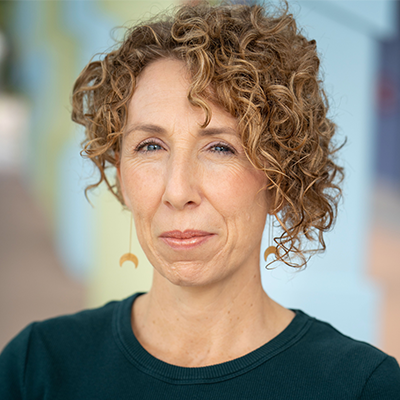
Adele Pavlidis
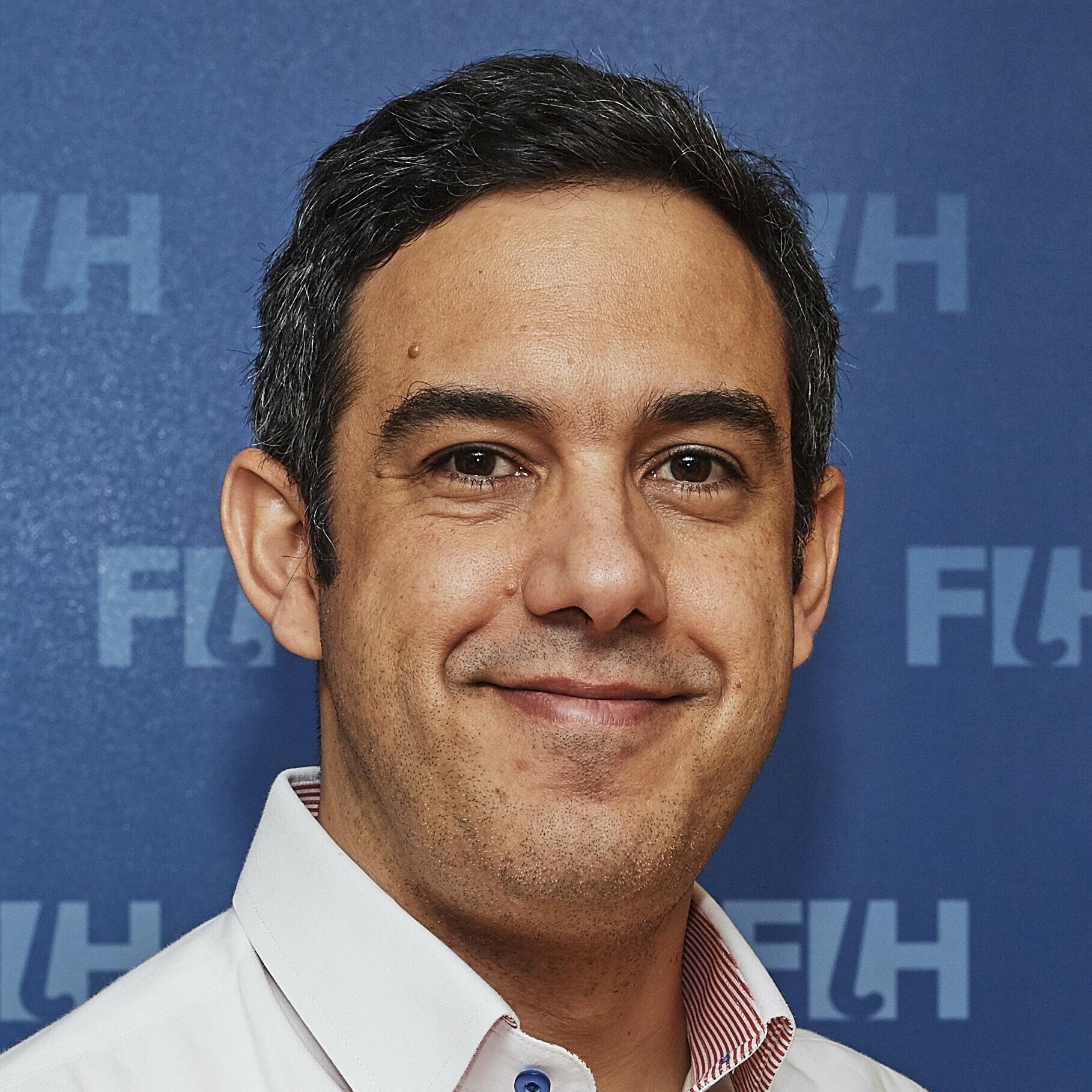
André Oliveira
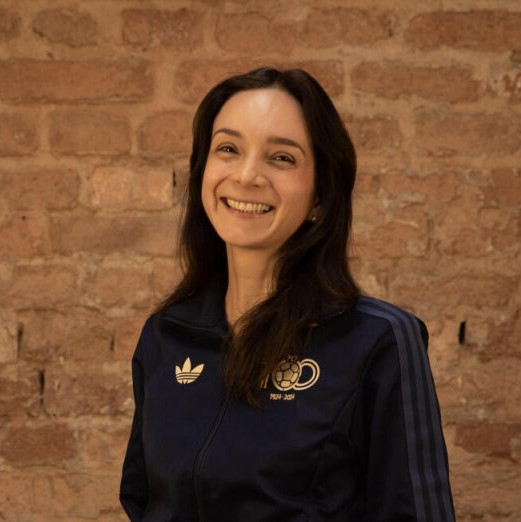
Angela Mantilla
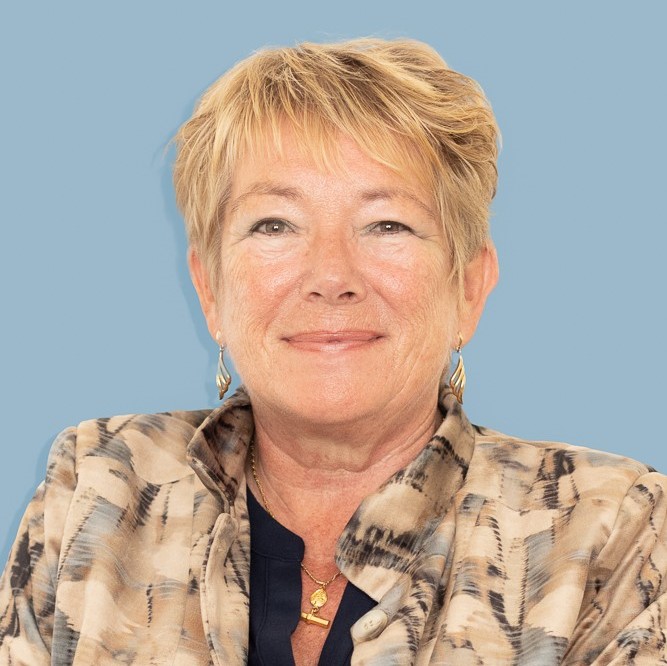
Anne Tiivas
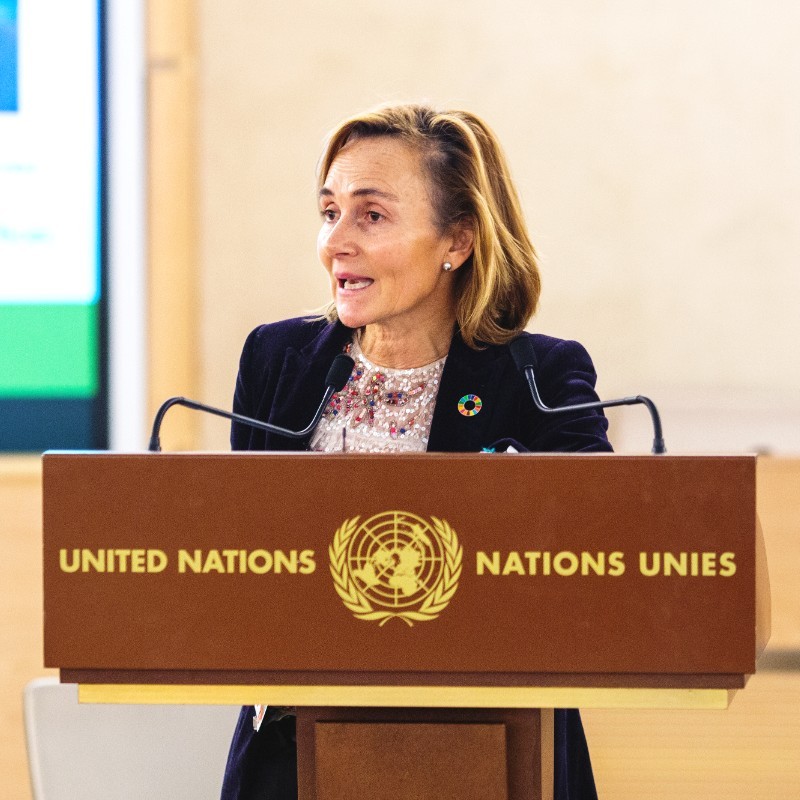
Belén Martinez
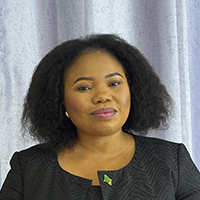
Bernadette DekaZulu
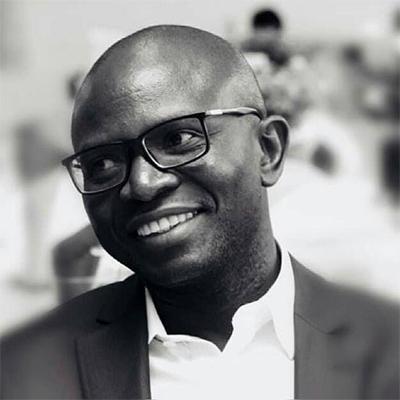
Decius Hikabwa Chipande

Dr Oliver Hooper
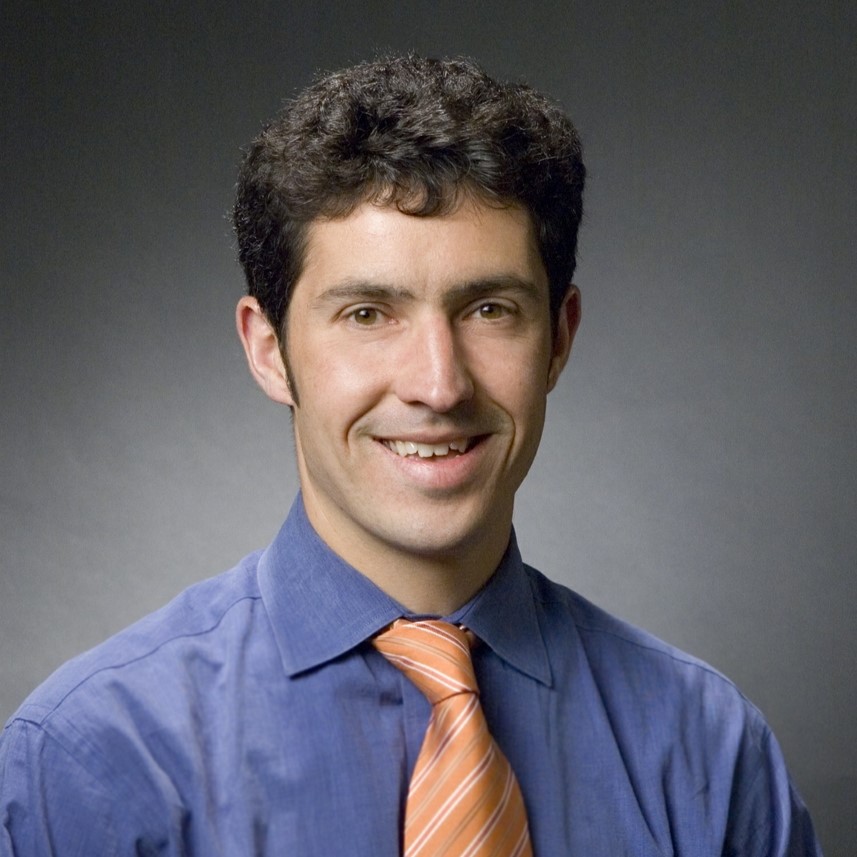
Dr. Aaron L. Baggish
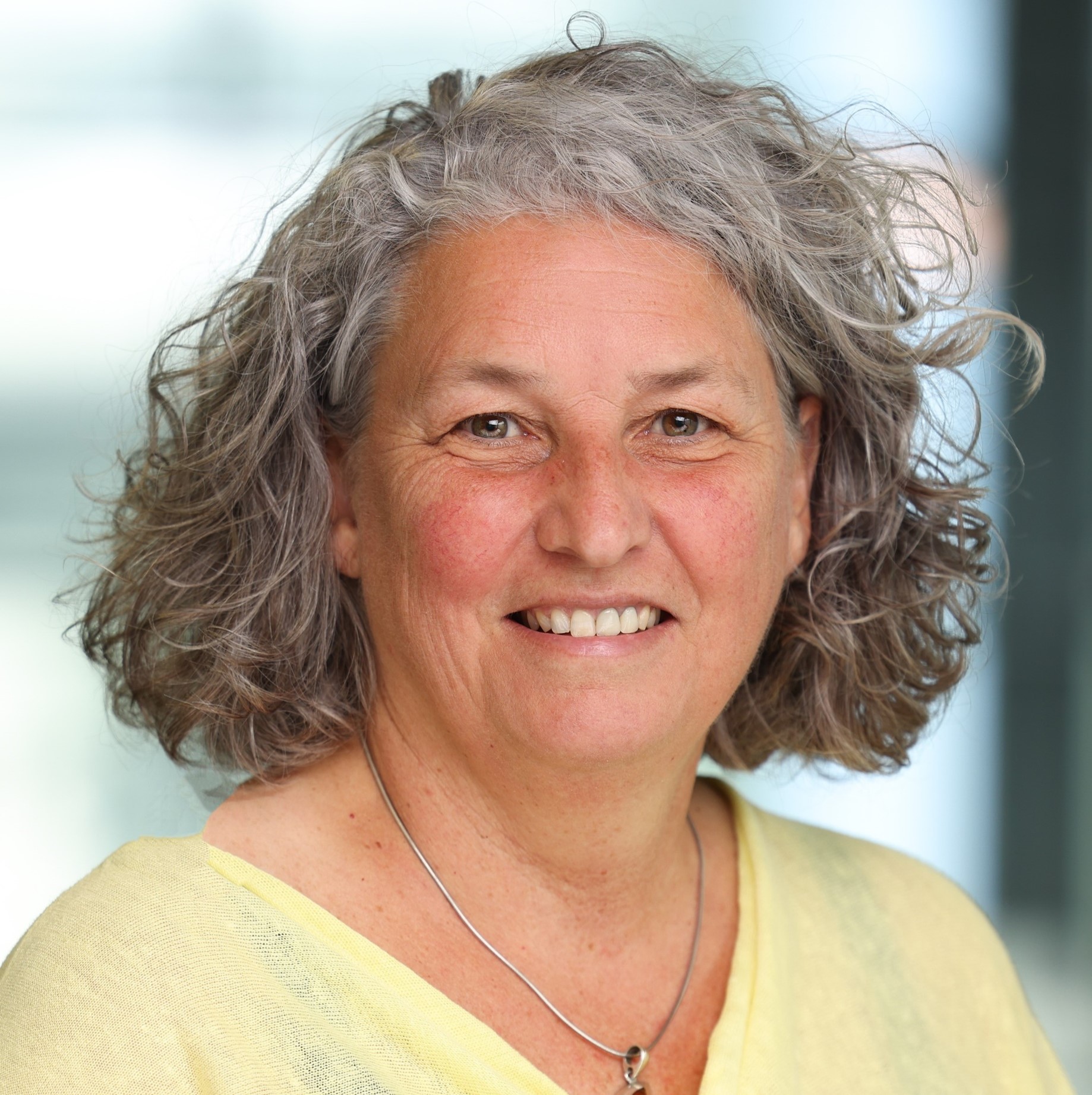
Elizabeth Pike
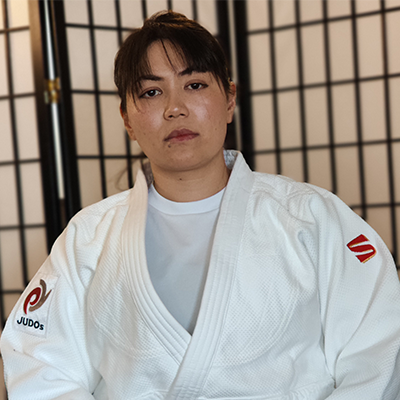
Friba Rezayee
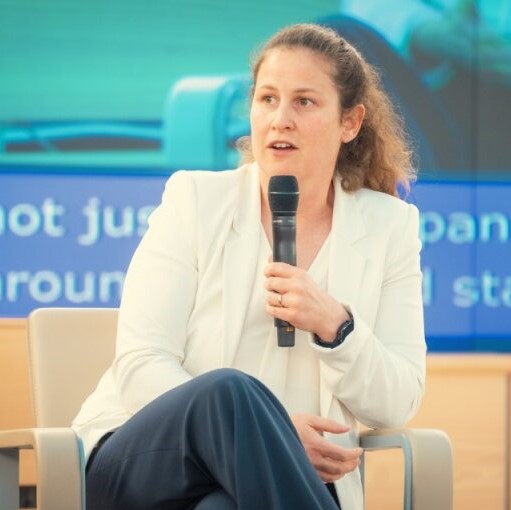
Gaby Garton
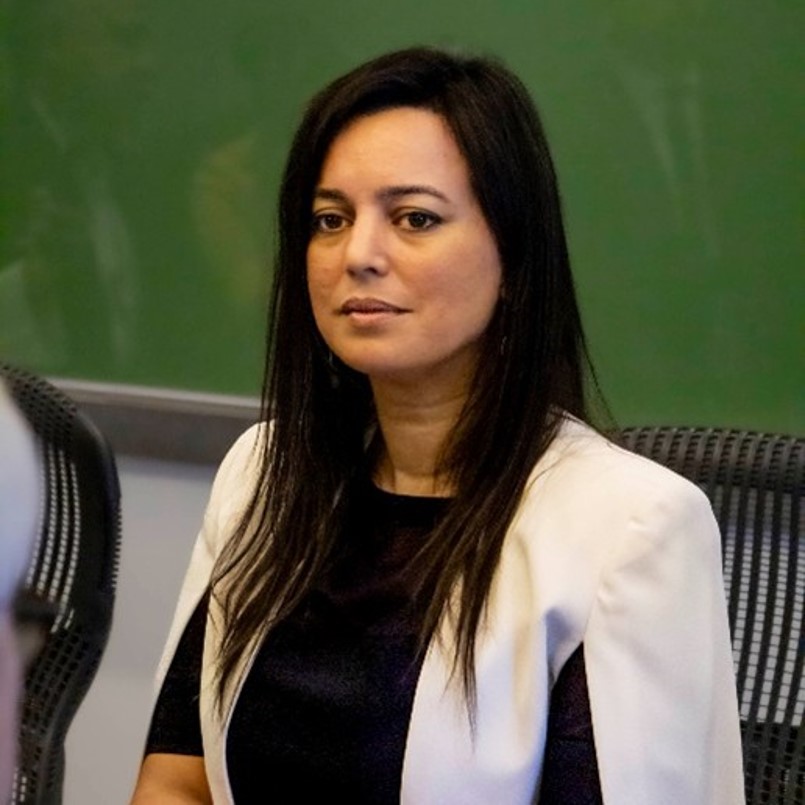
Hasnae El Ayoubi
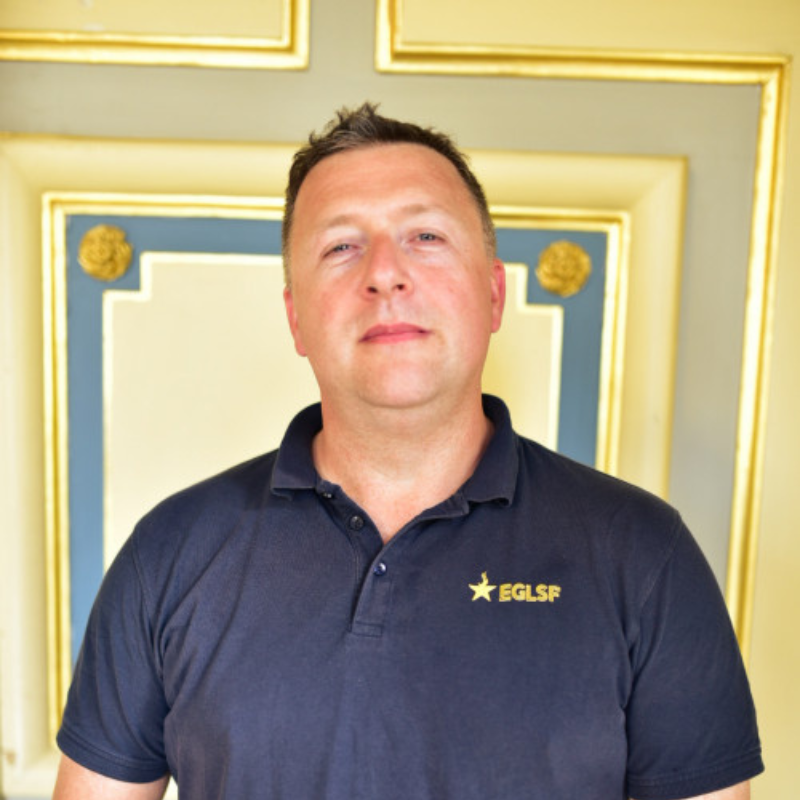
Hugh Torrance
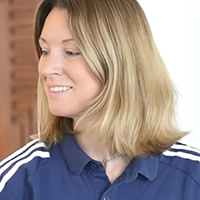
Jules McGreever
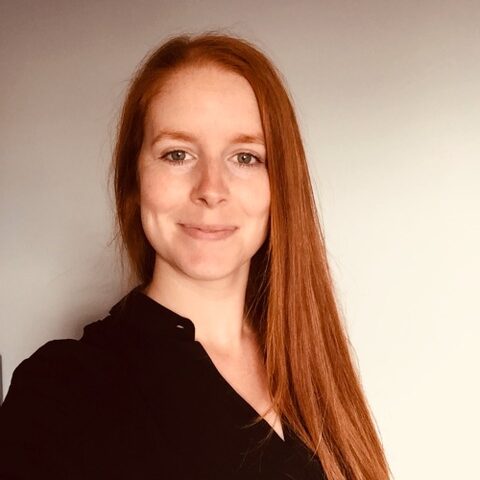
Kat Okholm Kryger
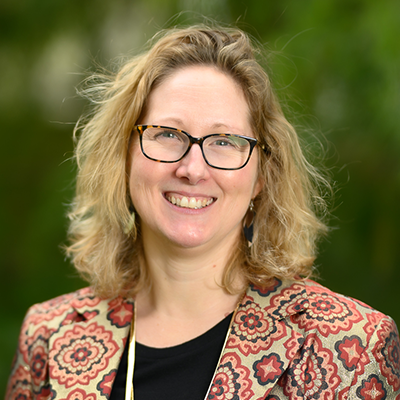
Kirsty Forsdike
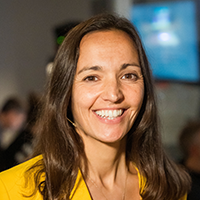
Lucy Mills
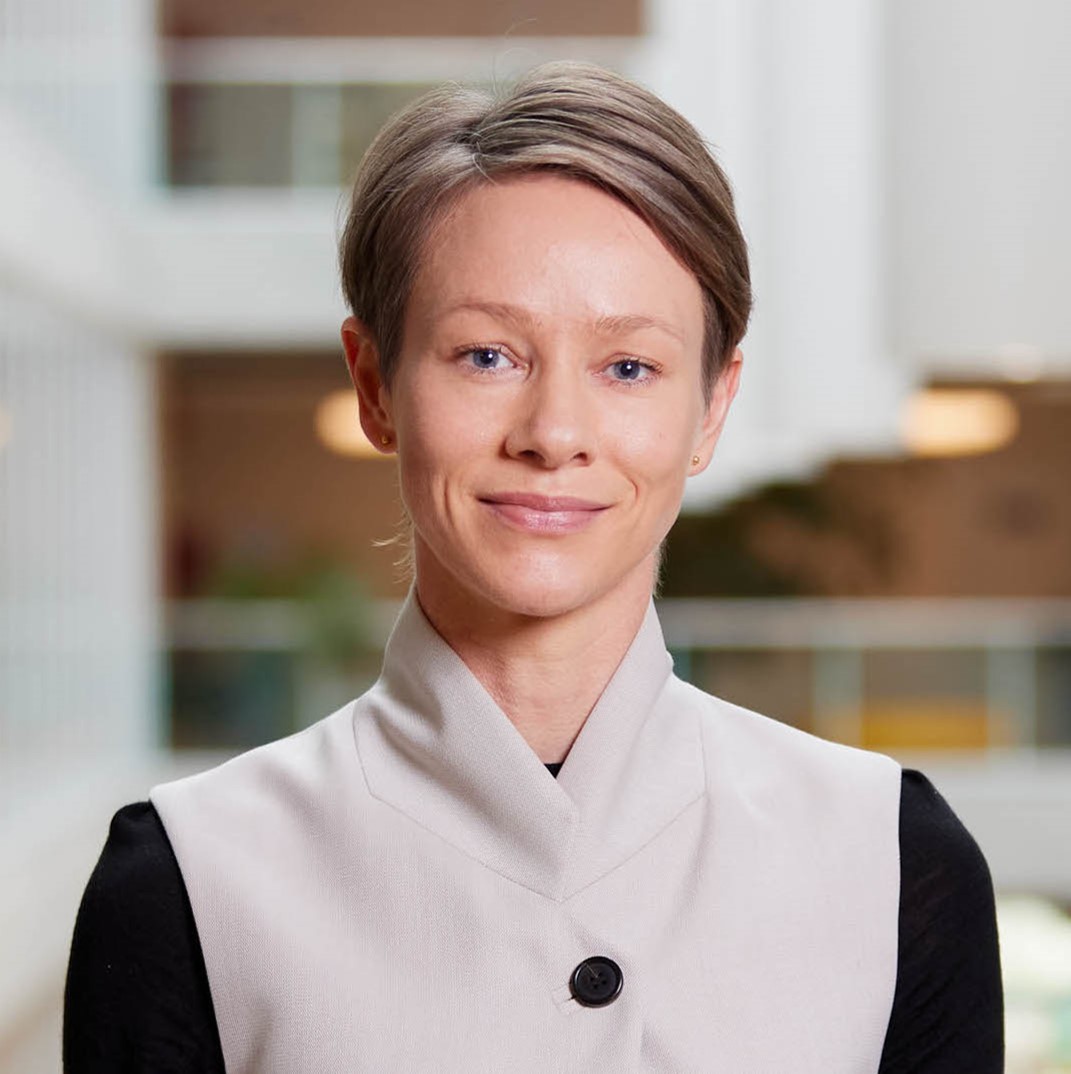
Madeleine Pape
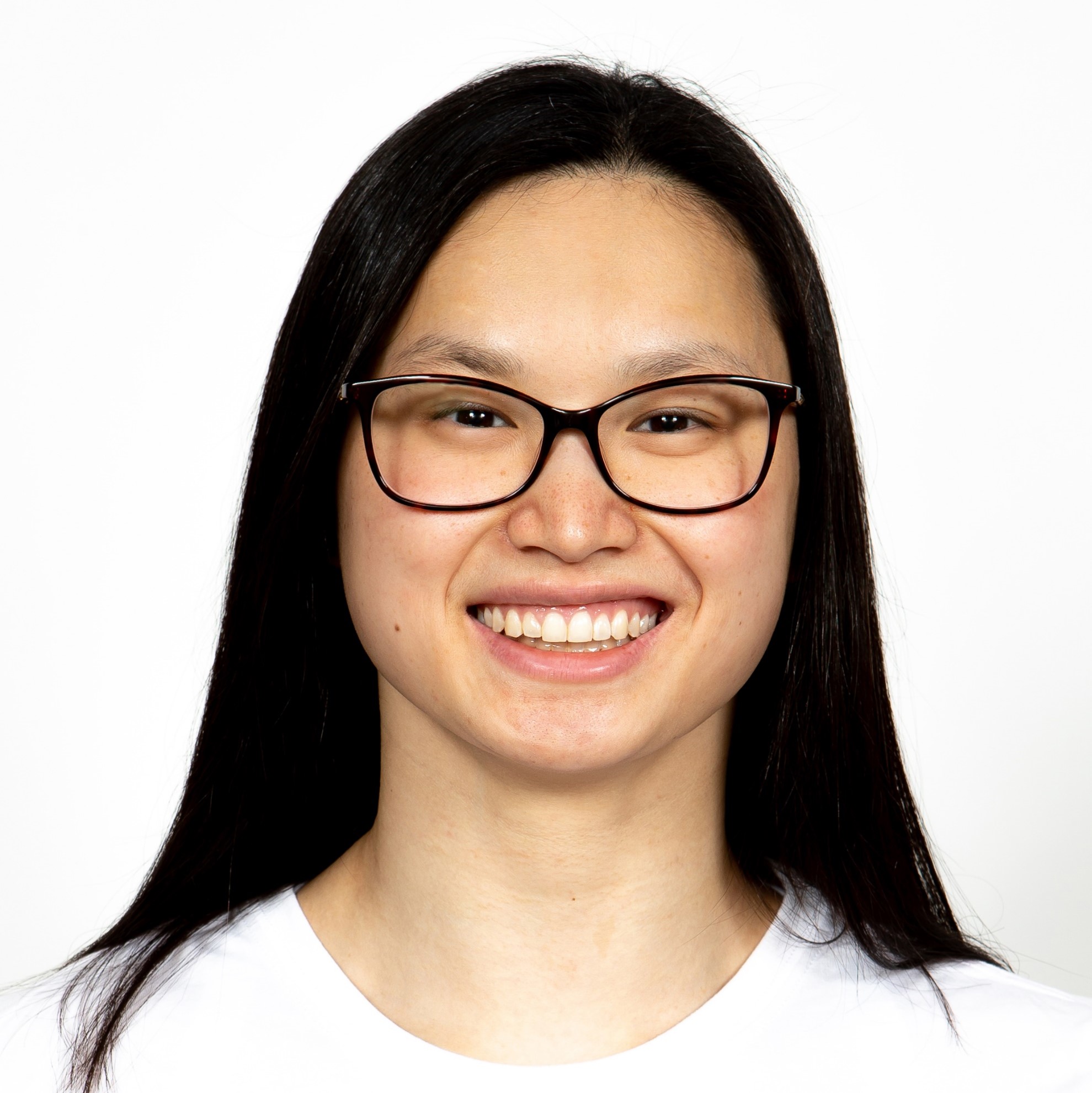
Maggie Mac Neil
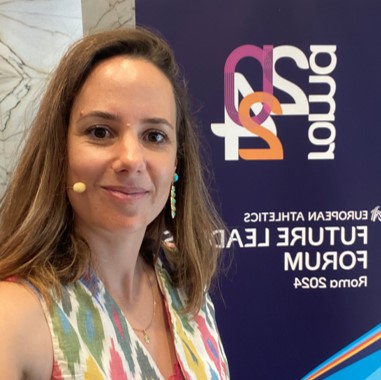
Mathilde Grenet
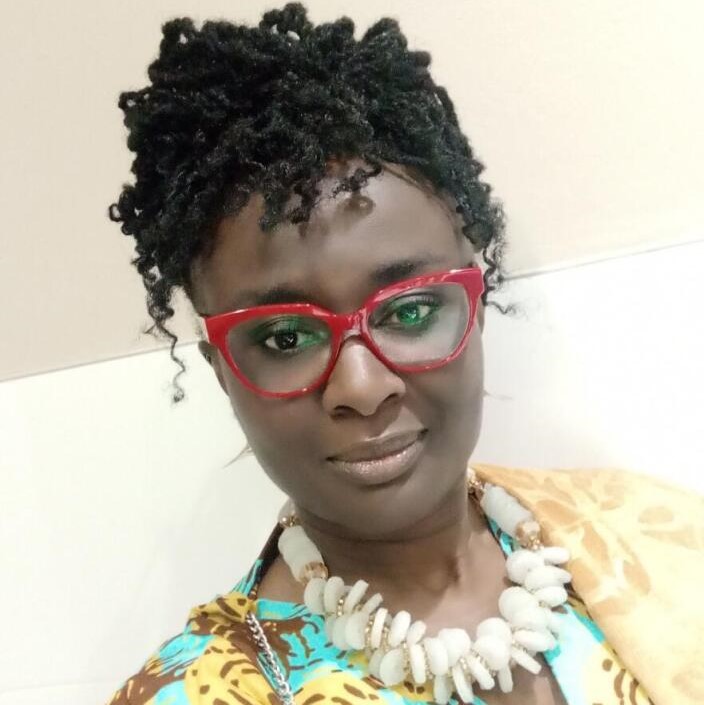
Nana Adom Aboagye
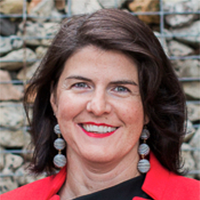
Nikki Dryden

Patrick Stolpmann
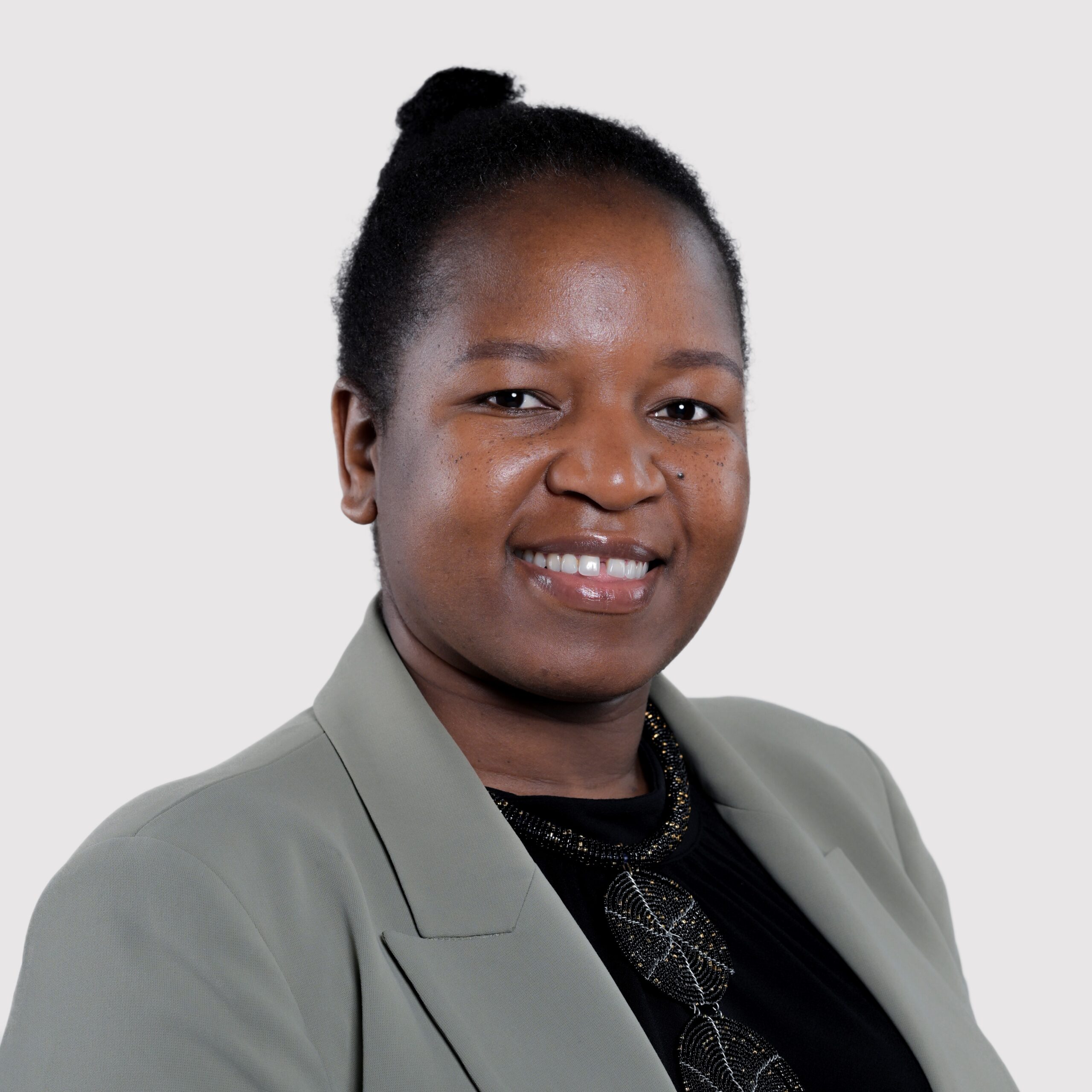
Primrose Mhunduru
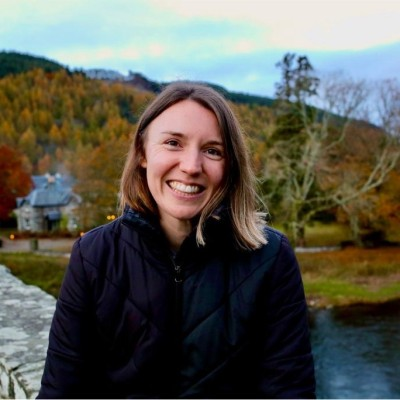
Robyn Smith
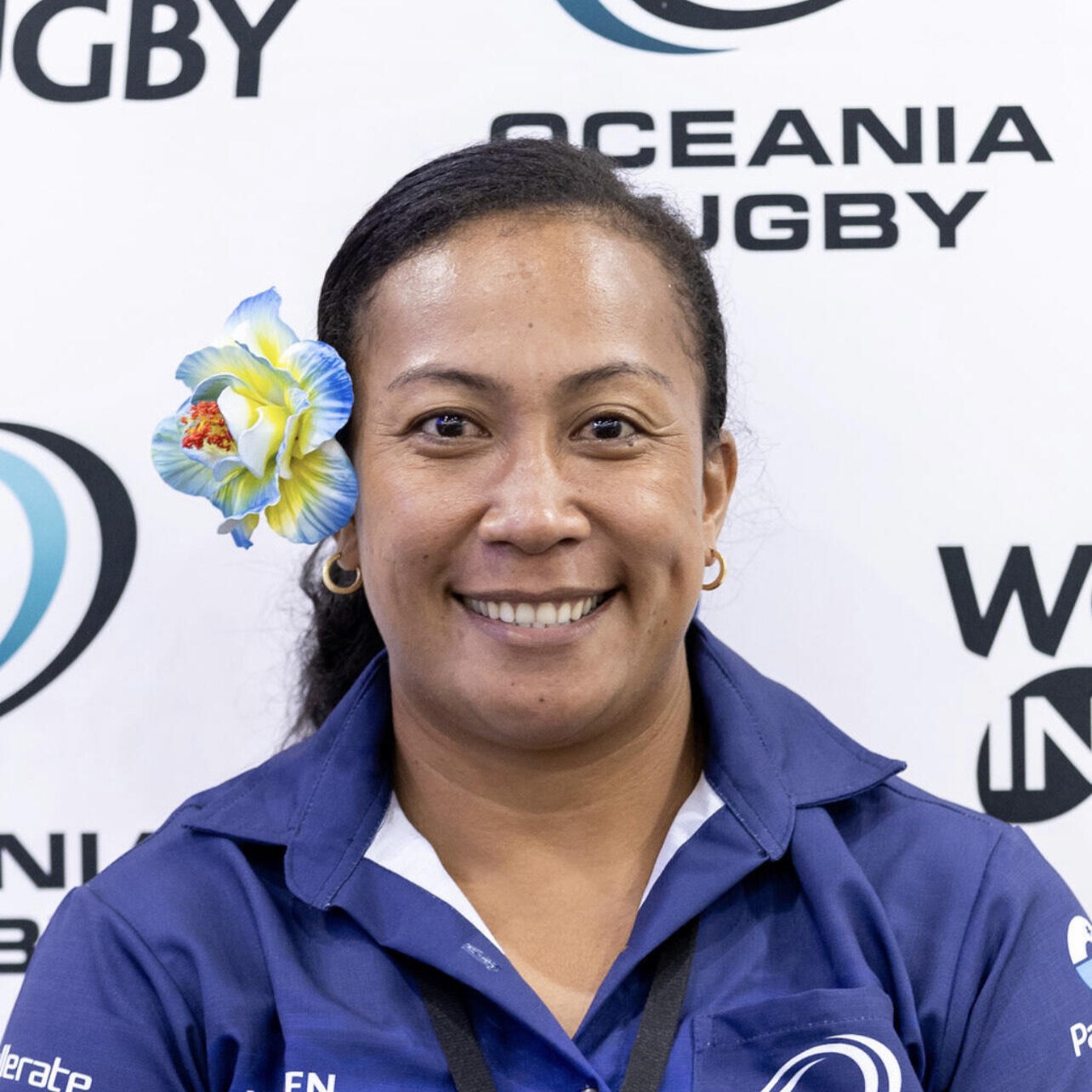
Seleagaia Toluiva Keneti
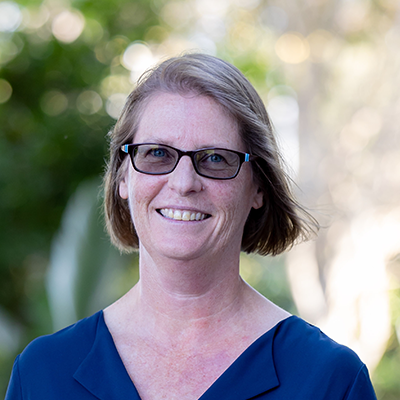
Simone Fullagar
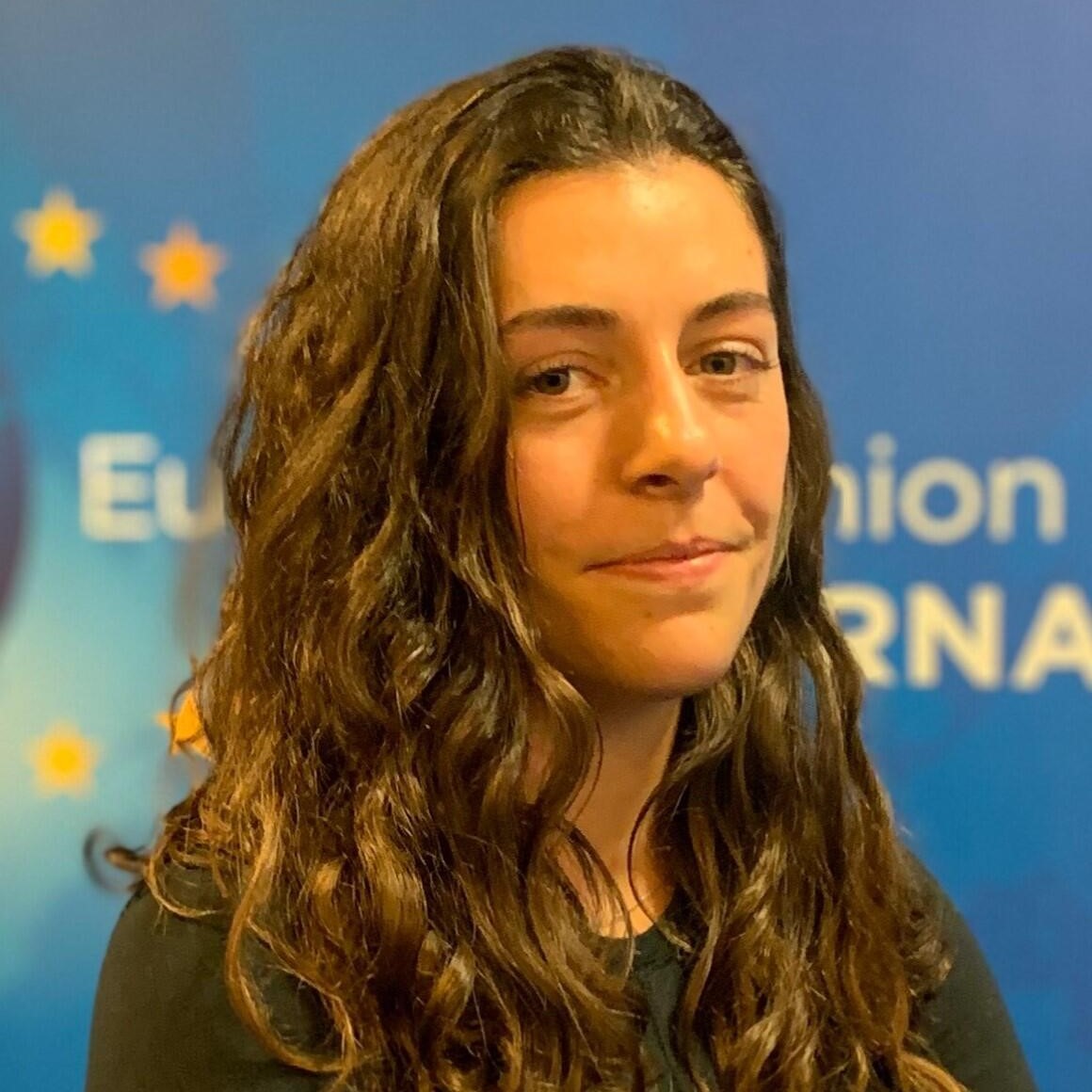
Victoire Aimé
Venues
Mövenpick Hotel
The four-star Mövenpick Hotel Lausanne was the official hotel of the Gender Equality & Sport+ Conference 2025. Located in the Ouchy district of Lausanne, it is just a few minutes away from the conference venue, the train station and Lake Geneva.
The Mövenpick Hotel Lausanne is the perfect destination for business or leisure travellers to discover the charm and hospitality of Lausanne.
The hotel was originally built in 1988 and was renovated in 2020. There are two restaurants, a terrace, and bar offering a superb view of the lake.
IMD business school
IMD is a top-ranked business school which specialises in developing global leaders through high-impact executive education. IMD focuses on real-world executive development; it offers Swiss excellence with a global perspective; and has a flexible, customised and effective approach.
IMD is an independent academic institute with strong ties to business and a clear focus on creating impact.
The institute supports the transition to a new model that balances prosperity and growth with ecological sustainability and social inclusion. Sustainability, as well as diversity, equity, and inclusion, are core principles embedded within its framework.

